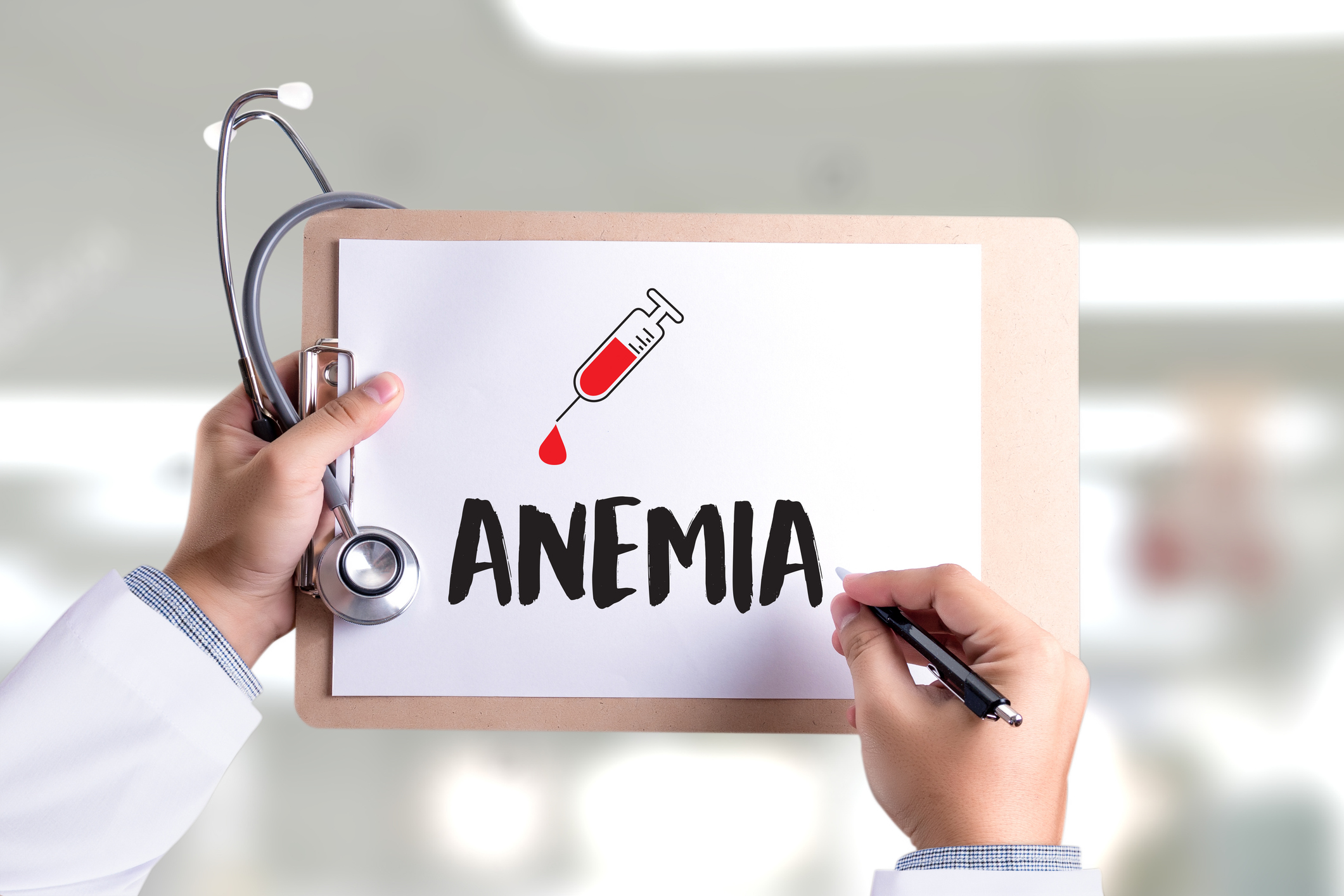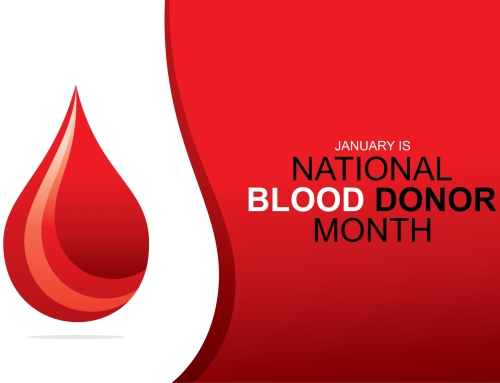This fact sheet answers some questions for people with chronic kidney disease (CKD) or on dialysis who are receiving Erythropoiesis Stimulating Agents (ESAs) to treat their anemia. This fact sheet also provides some questions to help you talk with your doctor or anemia management nurse about your treatment.
Why am I getting this information?
You are getting this information because you have been prescribed an ESA or you and your doctor may be considering whether you should take one. The common brand names for these drugs are Aranesp®, Procrit® and Epogen®.
You may have heard or read about risks with the use of ESAs to treat anemia. Like any medicine, ESAs have both short and long term risks and benefits. It is very important that you talk to your doctor to learn more about ESAs and other options to treat your anemia. This information can help you to understand some of the issues and questions you might raise when you talk with your doctor.
What is anemia?
Anemia is a very common problem for kidney patients. Anemia is when your body does not have enough healthy red blood cells.
Your doctor can check whether you have anemia by testing the hemoglobin (Hb) in your blood. Hemoglobin is the part of your red blood cells that carries oxygen to the rest of your body. The test for hemoglobin can also tell your doctor how your anemia treatment is working.
Why did my doctor prescribe an ESA or other treatments for anemia?
How anemia is treated depends on what is causing it. In people with kidney disease, the most common cause of anemia is not having enough of a hormone called erythropoietin (EPO). EPO is normally made by the kidneys.
However anemia can be caused by many other things, like:
- Not having enough iron in your blood
- Not having enough of some vitamins
- Poor diet
- Losing too much blood
- Some medicines
- Some immune or blood diseases
Talk with your doctor to learn what may be causing your anemia, and ask about being screened for other possible causes. Then, work with your doctor to find the treatment options that are best for you.
Why is it important to treat anemia?
Anemia can make you:
- Feel very tired, weak or dizzy
- Short of breath
- Have headaches
- Lose your appetite
- Have trouble sleeping
- Have a rapid heart rate
This makes it hard to stay active. Other health conditions can make these problems worse. Treating anemia may help you feel better.
If anemia is not treated you may need a blood a transfusion.
Questions to ask your doctor:
Your doctor can help answer your questions and explore your treatment options. Some questions you may want to ask are:
- What is causing my anemia?
- How do we plan to treat my anemia?
- Are there any changes to my diet or lifestyle that could help treat my anemia?
- What treatment options should I consider?
- What are the risks and benefits of receiving an ESA?
- How is this medication given?
Know your numbers! Track your anemia management.
Get involved in your treatment. Work with your doctor to learn about your hemoglobin target, treatment options, and tests you may need.
The Food and Drug Administration (FDA) recommends that hemoglobin levels stay in the 10 – 12g/dl range. Ask your doctor what the best target is for you. Make sure to record and talk to your doctor about how you feel as changes in hemoglobin occur.
My doctor and I have decided my hemoglobin target is between ____________ and ____________.
Use this table to track your anemia and talk about the results with your doctor.
| Test Date | Hemoglobin (Hb) |
Current Treatment | Notes: How do I feel? |
|---|---|---|---|




